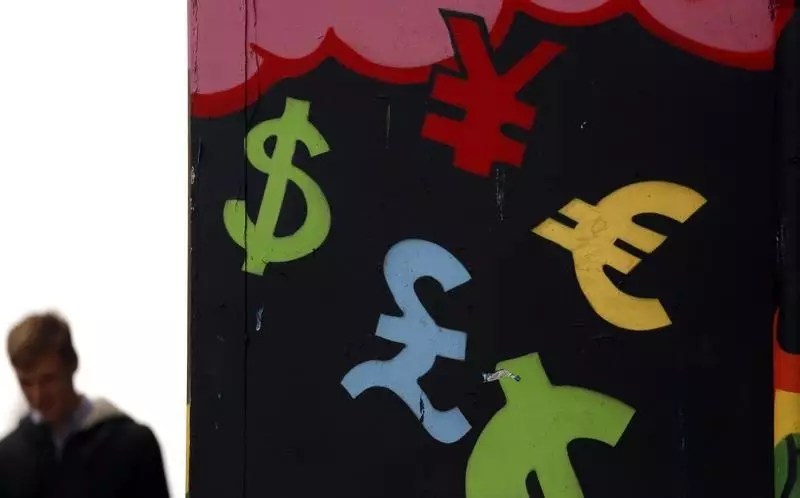The recent engagement between U.S. Secretary of State Marco Rubio and Vietnam’s Deputy Prime Minister Bui Thanh Son marks a significant moment in the ongoing diplomatic relationship between the United States and Vietnam. This first conversation under the Biden administration reflects an intent to reassess and reinforce ties that have evolved notably over the past few decades. The dialogue came as both countries observe the 30th anniversary of normalized diplomatic relations, which underscores the historical context within which current geopolitical dynamics are playing out.
Economic Concerns and Trade Imbalances
Central to the discussions was the pressing issue of trade imbalances. Although the United States and Vietnam have fostered an economic partnership that has seen robust cooperation, the staggering trade deficit—exceeding $110 billion—raises critical concerns for policymakers. U.S. exports to Vietnam are increasingly dwarfed by imports, creating a dependency that could threaten future trade stability. Moreover, the economic hurdles intensified as Vietnam grapples with currency depreciation, which has further complicated its outlook in the global market. This imbalance presents an economic conundrum that both nations must address to ensure sustainable growth.
Besides trade discussions, the dialogue between Rubio and Son encompassed the broader context of regional security, particularly regarding China’s assertive actions in the South China Sea. This ongoing geopolitical challenge is not only a matter of national sovereignty but also one of strategic military significance. Vietnam’s close proximity to China necessitates a diplomatic and defense partnership with the U.S., building on the foundation of mutual interests established over the years. The emphasis on shared concerns over Chinese conduct is indicative of the shifting dynamics in the Asia-Pacific region and the importance of alliances in managing potential conflicts.
As both countries commemorate their long-standing relationship, they must navigate the multifaceted dimensions of economic cooperation, security alliances, and international diplomacy. The U.S., while seeking to address trade imbalances and possible currency manipulation concerns, must also recognize Vietnam’s strategic importance as a regional partner in countering Chinese influence. The challenge lies in balancing these economic considerations with diplomatic overtures that build trust and cooperation.
The latest engagement between U.S. and Vietnamese leadership highlights both opportunities and challenges that characterize their relationship. Emphasizing economic collaboration while addressing security concerns will be pivotal in shaping a robust partnership moving forward. The dialogue could signal a renewed commitment to mutual interests that transcend trade figures and geopolitical rivalries, ushering in a nuanced phase of U.S.-Vietnam relations for the years to come.


Leave a Reply